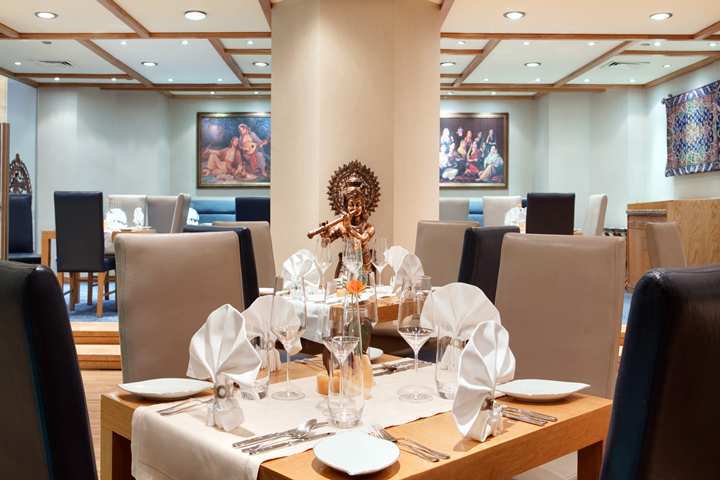Khaled El-Saadany, head of the Tourism Goods Division at the Cairo Chamber of Commerce, said that the prices of goods increased three fold compared to 2015, especially following the flotation of the pound.
He pointed an accusatory finger at the 2015 decision to ban imports of folkloric goods or other goods that are produced in Egypt by the former minister of trade and industry Mounir Fakhry Abdel Nour.
El-Saadany explained that there are 40 workshops in Egypt which cannot replace the products imported by bazaar owners, especially as they produce lower quality goods.
He added that the tourism market requires 10,000 pieces per month when it is active, noting that the Industrial Development Authority, which aims to empower local production, does not produce the number of goods they need, and if it did the price would be 20 times more than the imported version.
El-Saadany said that investments in the field dropped by 95%, warning against the continuity of the current situation. “This would lead the value of assets to drop,” he said. “Bazaar owners try to reduce the value of their shops by over 80% to escape the current situation.”
He added that the government is not offering help. “They cut the lights of bazaars in Hurghada when they are behind on their bills.” He explained that the support designated to the sector is only channelled to hotels and companies.
Moreover, he said that 30% of bazaar owners have closed shop entirely, while over 50% closed their shops temporarily until the situation improves.
“Only 20% are now working, with almost no sales,” El-Saadany said. He estimated the number of registered gift shops and bazaars at 30,000.
The secretary general of the Chamber of Tourism Goods of the Federation of Egyptian Chambers of Commerce, Mohamed Abbas, said that there is almost no demand on sales in light of the current tourism crisis.
He pointed out that the chamber is unable to support bazaar owners, as they have not received approval from the Ministry of Tourism regarding a proposed EGP 5bn support package.
Abbas added that the sector is waiting for the tourism inflow to revive, noting that prices have not yet reflected the recession.
Aly Ghoniem, former head of the Chamber of Tourism Goods of the Federation of Egyptian Chambers of Commerce, said that bazaars are struggling with the lack of tourism.
He pointed out that shops are ready to sell locally-produced goods, but only when tourism recovers. He explained that these shops usually sell to foreign tourists because there is no demand for such products among Egyptians.
Ghoneim said that the deteriorating situation has forced bazaar owners to stop paying their chamber fees because they cannot afford it. “Some even bought tuk-tuks to earn their living and closed down their shops,” he said.




